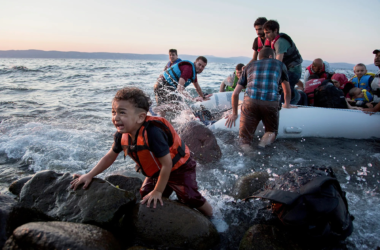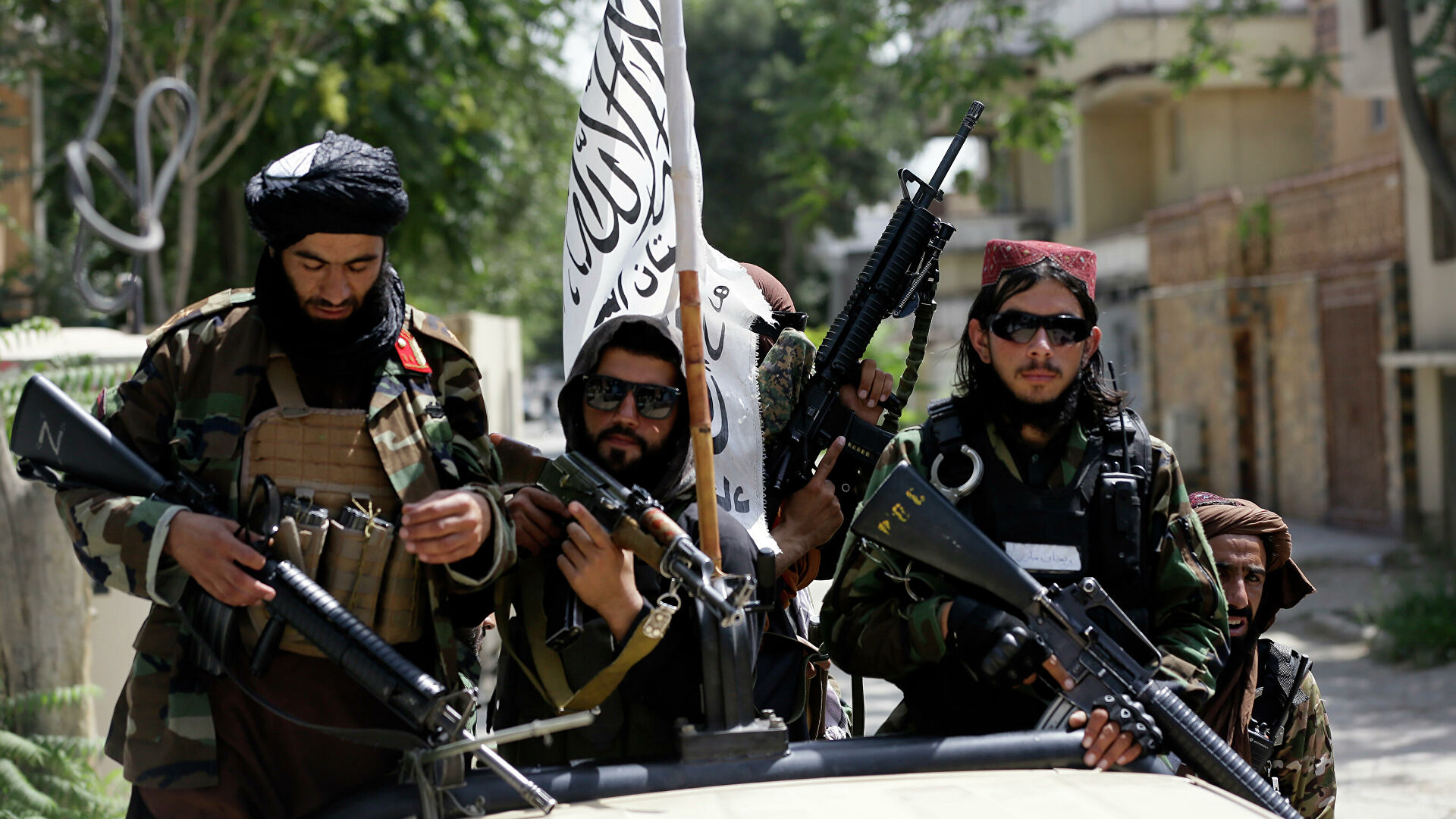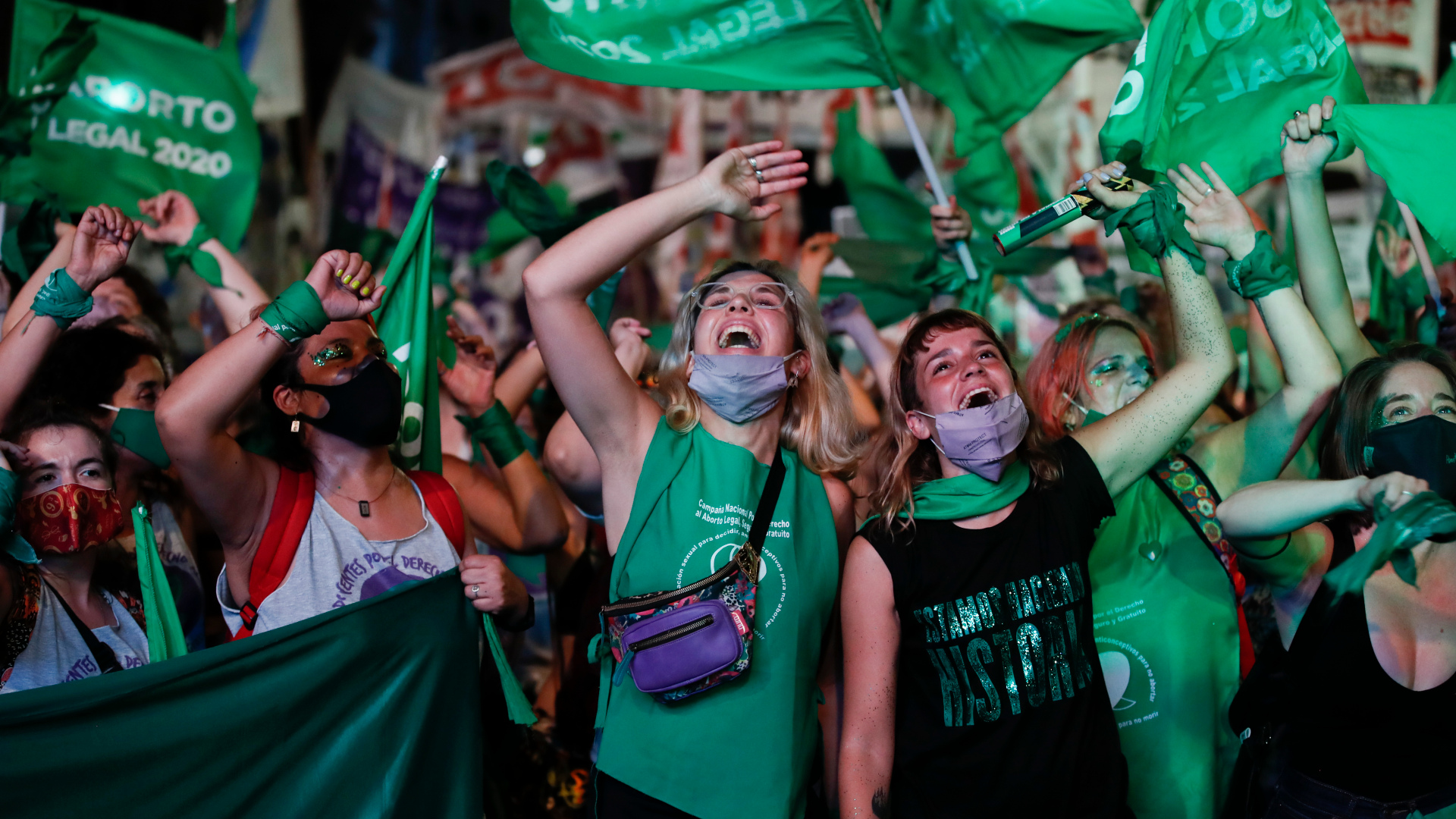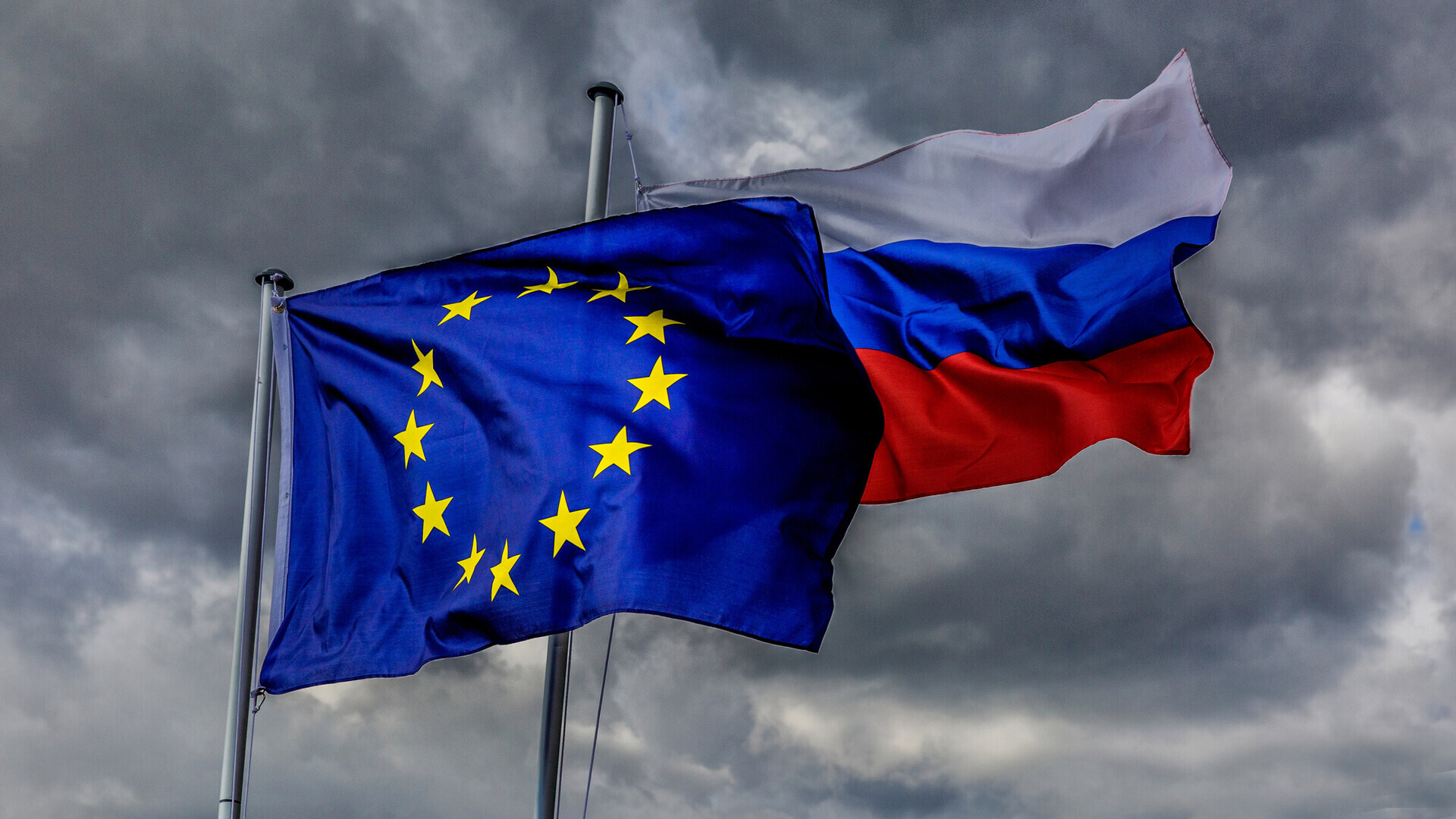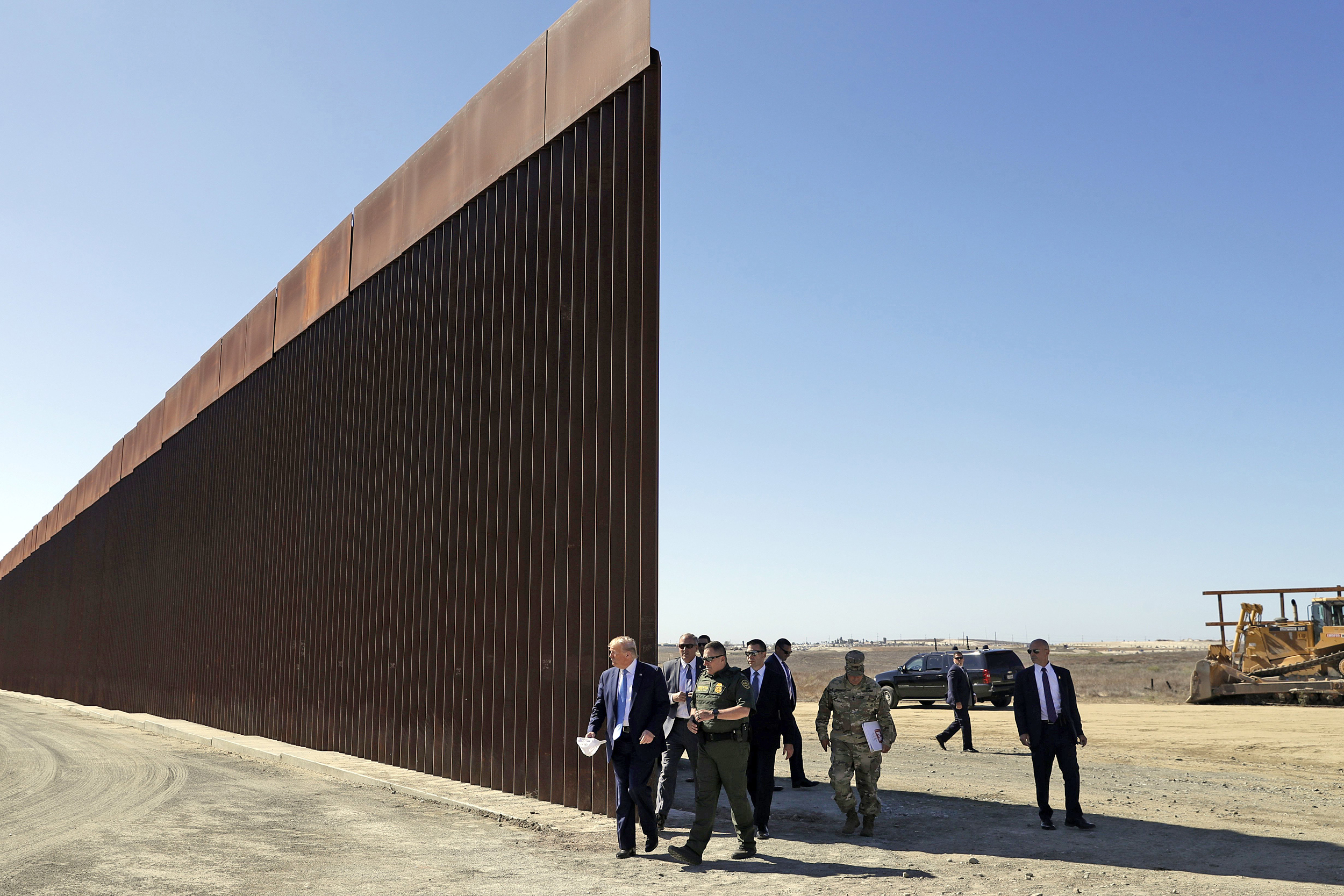Because of the rules, laws and attitudes imposed by the states in Latin America for many years, the region is considered one of the strictest in the world in terms of abortion bans. In the region of 20 countries, the proportion of countries legalizing abortion is very small. In some countries, abortion did not ban by law, but women’s access to this right has been restricted due to political reluctance and inadequate practices, or it has been taken in mandatory cases due to the danger of the life of pregnant individuals. (Human Rights Watch, 2005)
It can be said that the reason for the strict attitude in abortion and social policies is largely related to the Catholic Church. The Church, which is closely associated with the historical States of Latin America, is considered the most influential religious and social institution in the region. Although there has been a relaxation of the Church’s rules over the years, sexual and reproductive rights often fail to enter the church’s agenda. (Kane, 2008)
In Latin America, the most current abortion ban after Cuba and Uruguay was repealed and enacted in Argentina in 2020. Thus, with this development, a hope was born that there would be a domino effect in the region. (BBC, 2020) Therefore, this analysis will cover the practices, regulations, and changes in the rule of law on abortion in Argentina and the events that brought the state of the country to this stage of regulation. But first, it would be right to mention which rights abortion falls under.
Human Rights Framework
Women’s access to legal and healthy abortion practices increases their life chances as well as women’s equality. To think that access to the right to abortion is a condition that affects only the female body cannot be considered as an appropriate approach. For this reason, it is necessary to be aware that the right to abortion is a right that falls within the scope of women’s personality, dignity, and private life by accepting it directly as an element of human rights. As has been observed for many years, restrictions on this right also increase the death of women because of secretly and unhealthy practices. Therefore, it has become a mandatory need for regional states to take steps to heed the decades-long struggle of Latin American women and legalize abortion, which is also supported by international human rights law. (Human Rights Watch, 2005)
State intervention in rights related to sexuality and reproduction is a fact seen not only in Latin America but also around the world. Sexual and reproductive rights are the main topics related to the issues of having access to health care, access to birth control tools, the ability of individuals to make their own decisions about who they can marry, how many children they will have, or whether they will not. In addition to these subheadings, not being forced to have an abortion or having the right to abortion are also the points that should be realized at the point of obtaining and protecting this right. (Amnesty International, 2021)
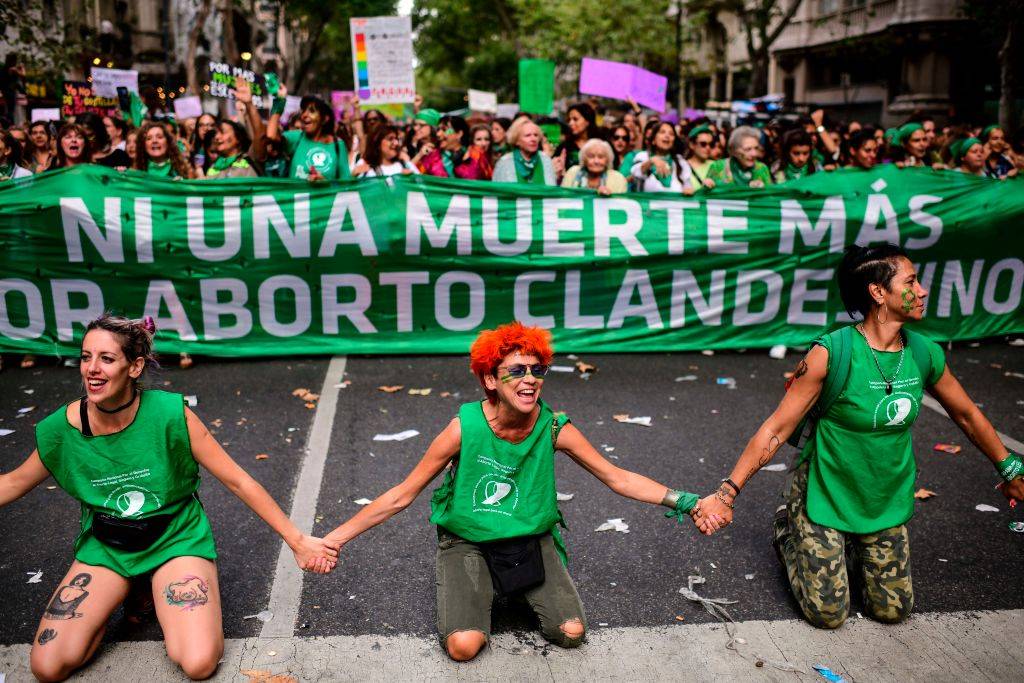
Argentine Developments
In late December 2020, Argentina conducted a bill that made abortion legal, a development that delighted some of the human rights activists. Argentina is one of the highest populated countries in the region and by conducting the decision to adopt a law by received the support of the country’s President Alberto Fernández, it took the path of a remarkable and innovative social policy. Thus, the country is considered the first “major” regional country to go to legalization under women’s reproductive rights. (BBC, 2020)
Legal Practices in Historical Process
Argentina witnessed the abortion ban through a penal code enacted in the late nineteenth century. Until today, the law has been reformed at different time intervals, or there has been some flexibility in criminalizing abortion practices. For example, in 1921, a regulation (Article 86) was created which had allowed abortion to be brought to the agenda in a situation that threatened the mother’s life, or if the mother’s mental health is not sufficient. But over the years, many changes in the law have been made on this issue, and the ban has sometimes been completely reinstated, while sometimes it has been discontinued from being a crime under some exceptional circumstances. (Krieger, 2021)
In 2012, the Argentine Supreme Court conducted the “case F.A.L.” which has aimed to grant flexibility in the practice of abortions that are intended to be conducted as a result of sexual abuse. In 2015, the Argentine Ministry of Health developed the application “protocol on comprehensive care of persons entitled to legal termination of pregnancy” (Protocolo ILE) and signed a series of improved practices related to pregnant individuals. In 2018, a comprehensive project on voluntary termination of pregnancy was presented to the Assembly. But the project was rejected in the Argentine Senate, receiving 38 against and 31 for votes. This project of the law, which provides for abortion in the first 14 weeks of pregnancy, also divided the Argentine people by causing protests. In addition, the media published statements suggesting that the Senate made this decision, influenced by the lobby of Argentina’s conservative and religious groups. (Krieger, 2021)
“Green Wave” and The Expected Bill
In Argentina, the struggle of activists who advocate for human rights and the legalization of abortion has been going on for years. The reluctance of the state and conservative groups to repeal abortion restrictions and bans caused an exponentially greater backlash, especially with the rejection of the bill which was proposed in 2018. In the same year, opponents and supporters of abortion broke up and began protests in front of the Parliament building in Buenos Aires. The women’s movement has thus become one of the public’s priorities, with almost a million people taking part in the protests. Pro-abortion protesters have carried out the tradition of wearing Green bandanas, one of the symbols of social mobility in Argentina. (BBC, 2018) Polarized Argentine people continued their protests in 2019, with pro-abortion protestors taking to the streets in green and anti-abortion protestors in blue fabrics. Therefore, the anti-abortion group’s demonstrations were called the “Green Wave” which has been continued throughout 2020. (ABC News, 2020)
Argentine President Alberto Fernández made big promises to the pro-abortion group in his election campaign before he was elected in 2019 and he proposed a bill that would lift the abortion ban. Since taking office in December 2019, he has taken steps to remove abortion from the scope of criminalization and stressed that abortion is an issue of public health concern. Fernandez’s health minister has previously taken steps to improve the protocol on comprehensive care of people entitled to the legal termination of pregnancy, which has already been implemented. (Human Rights Watch, 2020)
In March 2020, President Fernandez has indicated that he will present a bill to Parliament about the decriminalization of abortion. By this bill, pregnant individuals would have the chance to obtain the right to abortion at 14 weeks of the pregnancy. Afterwards, in December 2020, the bill was put to the Senate’s vote, and a long hours of voting debate ensued. Green wave supporters were in an exciting wait outside the Senate building for hours as the vote was debated. In the vote decided at 04:00 in the morning, the bill was adopted by 38 acceptance, 29 rejection vote and 1 absentee. Fernandez said in a statement that “safe and free abortion is now law and Argentine society is supported by improving women’s rights and public health is guaranteed.” (Misculin, 2020)
In a Catholic country like Argentina, it is expected that this decision will not be approved by the Church. The Church, which also opposed the bill before it was approved, called on the Senate to reject the center-left President’s bill. The institution still argues that abortion is a practice contrary to the right to live. (Misculin, 2020)
As a result, Argentina’s decision to decriminalize abortion has long preoccupied the region’s agenda and appeared as a big impact. Juan Pappier, a researcher at Human Rights Watch, argues that the new law adopted by Argentina will create a domino effect in the region. Time will show the region’s advances in women’s rights and abortion law, but it is fair to say that a big step has been taken. (Misculin, 2020)
REFERENCES
ABC News. (2020). Argentina legalises abortion after green wave protests. Here’s why it could lead to a broader push for women’s rights in Latin America. Retrieved from https://www.abc.net.au/news/2020-12-30/argentina-has-just-legalised-elective-abortions/13021082
Amnesty International. (n.d.). Sexual and Reproductive Rights. Retrieved from https://www.amnesty.org/en/what-we-do/sexual-and-reproductive-rights/?utm_source=google&utm_medium=cpc&gclid=Cj0KCQjwmcWDBhCOARIsALgJ2QdckRlmuVljGrAh8SYz2QhZ_rxCabA7rU9TDV0aKS-PqI_pp_ZW6p8aAmstEALw_wcB
BBC News. (2018). The women protesting in the Argentina abortion debate. Retrieved from https://www.bbc.com/news/world-45110492
BBC News. (2020). Argentina abortion: Senate approves legalisation in historic decision. Retrieved from https://www.bbc.com/news/world-latin-america-55475036
Human Rights Watch. (2005). International Human Rights Law and Abortion in Latin America. https://www.hrw.org/legacy/backgrounder/wrd/wrd0106/index_old2384523.htm
Human Rights Watch. (2020). Argentina: Legalize Abortion. Retrieved from https://www.hrw.org/news/2020/08/31/argentina-legalize-abortion
Kane, G. (2008). Abortion Law Reform in Latin America: Lessons for Advocacy. Gender and Development, 16(2), 361-375. Retrieved April 10, 2021, from http://www.jstor.org/stable/20461279
Krieger, B. (2021). “A Brief History of Abortion in Argentina”. Monitoring COVID-19 in Latin America and the Caribbean. https://lawlibrariansmonitoringcovid19.com/2021/01/14/a-brief-history-of-abortion-in-argentina/
Misculin, N. (2020). “’We did it, sisters’: Argentina Senate votes to legalize abortion.”. Reuters. https://www.reuters.com/article/us-argentina-abortion-idUSKBN2940LG


